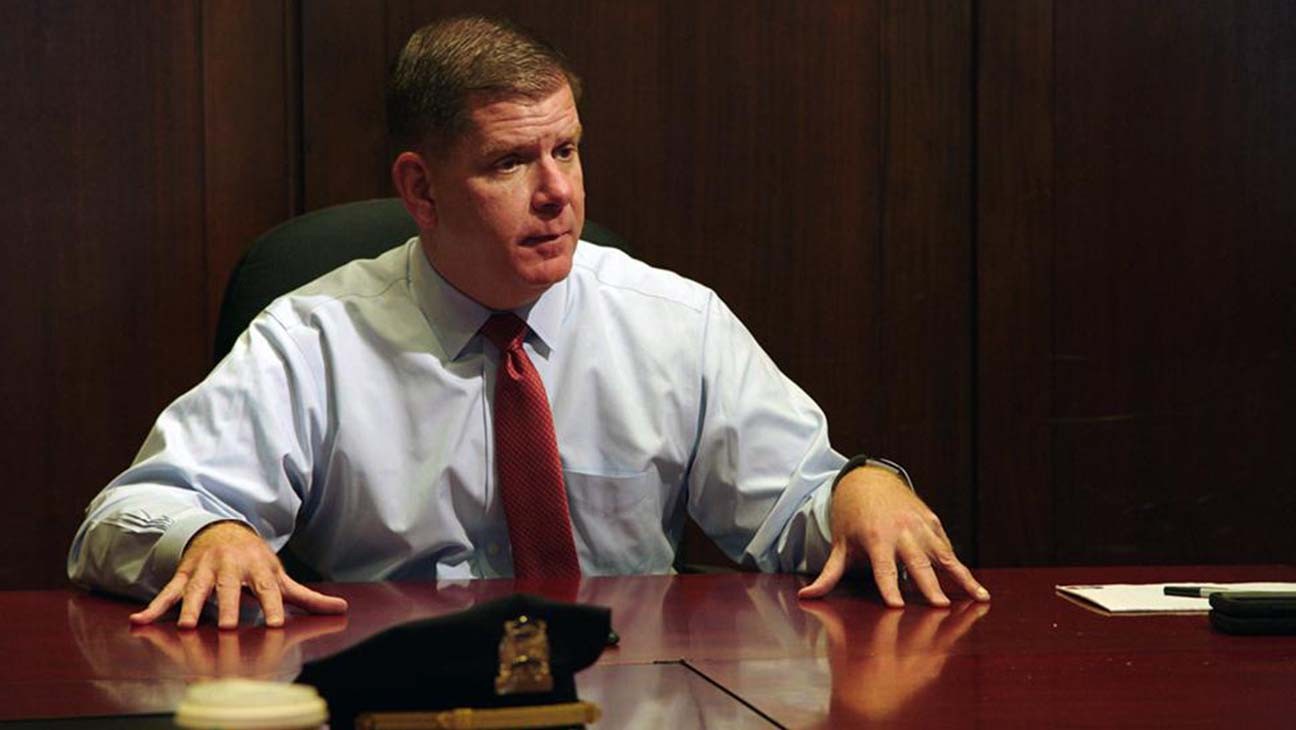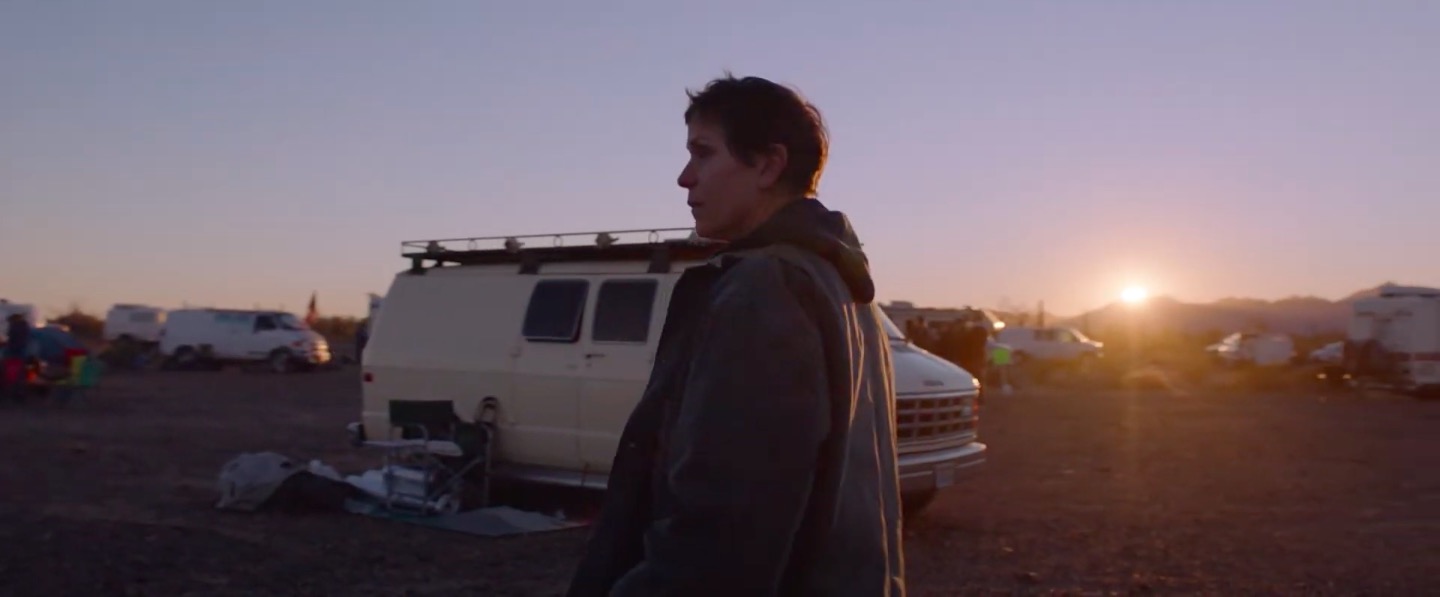Dreaming Under Capitalism (Rêver sous le capitalisme), the thoughtful and experimental new work from Belgian anthropologist-turned-director Sophie Bruneau, explores the effects of late-stage-capitalism on the lives and psyches of the people who inhabit the office-parks and sales-floors of Western Europe.
The technique is simple, but elegant, and beautifully executed: by combining voice-over interviews of a dozen ordinary work-a-day employees with haunting-yet-calm footage — still camera, slowly shifting imagery — we are masterfully lulled into the perfect meditative state required to contemplate these lives, and the slight, but incessant, struggle to remain human in the face of numbing and often meaningless bureaucracy. (A single bravura shot — reminiscent of some of Edward Burtynsky’s best work — is worth the price of admission alone: the camera tracks slowly through a seemingly endless corporate cafeteria as we tune in on scraps of small talk and clinking forks.)
The interviews are refreshingly calm and plain-spoken, even when they recount stories of pain, fear, and persistent anxiety. All center around the dreams (or, more often, the anxious nightmares) of these workers: a man is haunted by a fear of being late for work and the the daily judgments and micro-aggressions of an uncaring supervisor; a woman describes feelings of imprisonment, the imagery of a window being boarded up.
Applying a quotation from Marx to the hyper-saturated myth-making power of our media-dominated modern world, Walter Benjamin once noted that “the reform of consciousness consists solely in … the awakening of the world from its dream about itself;” that is: in order to wake from the dream of capitalism, we must wake to the dream of capitalism. Bruneau’s film provides just the alarm-clock we need, with a pleasingly soft-chime to gently nudge us from our slumber.
Throughout, ever-present yet unstated, is the simple but unnerving fact: in the modern world, our jobs and their soul-killing corporate structures have seeped in and infiltrated even unto our private subconscious minds; our dreams are no longer our own, but — just like our time and our bodies — they now belong to the shadow-world of capitalism. Through these brief moments — the frank dialog, the simple, lonely, poignant imagery — Bruneau succeeds at that most important alchemical magic of film: she allows us, the audience, to connect with others, to see their worlds — and our own — with fresh, critical, imaginative eyes. In this, perhaps more powerfully than any political diatribe or slick media propaganda, the film succeeds in the most revolutionary act of all.





